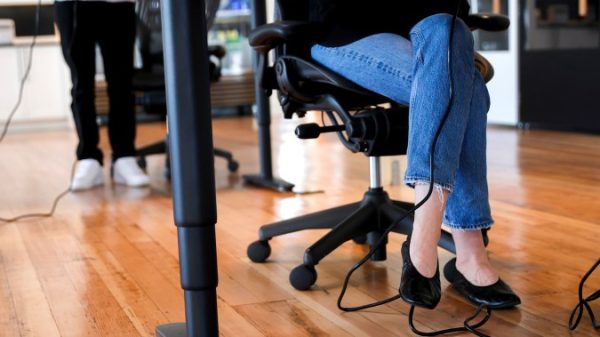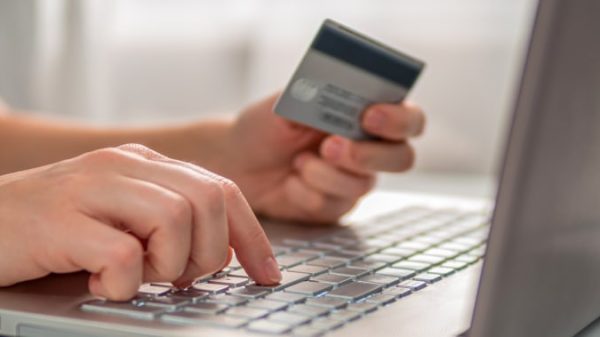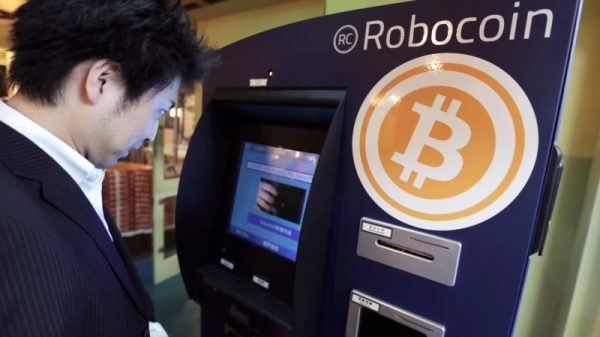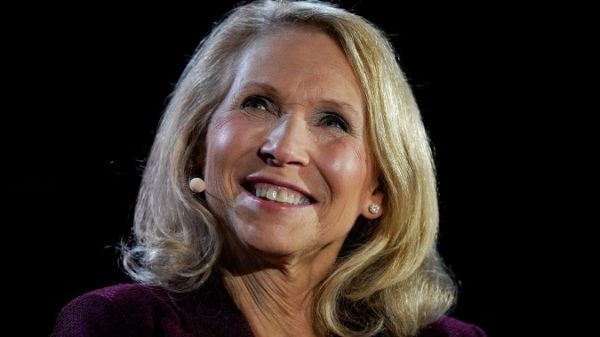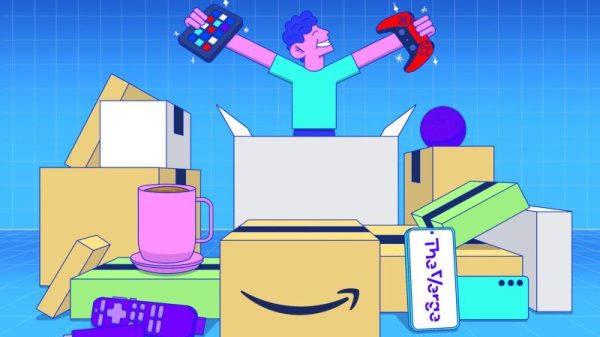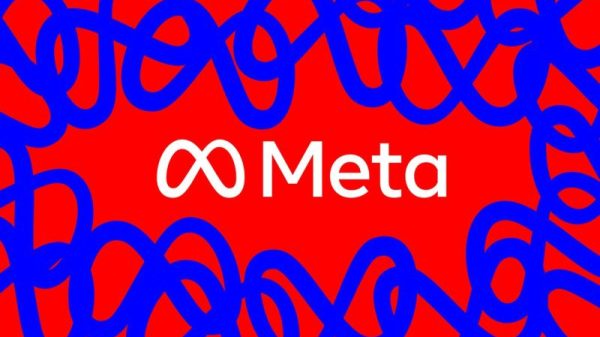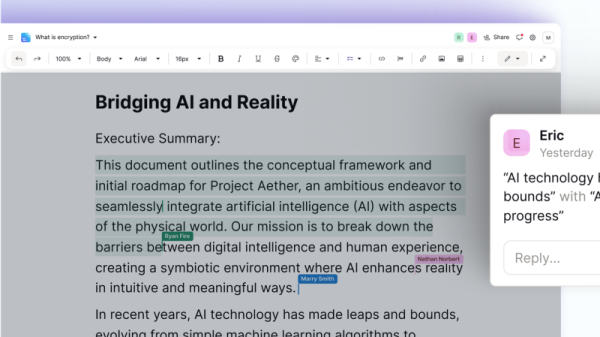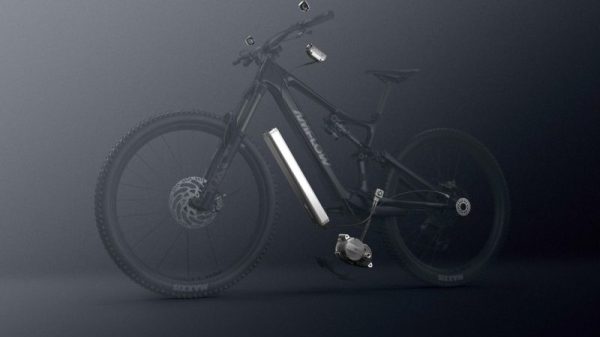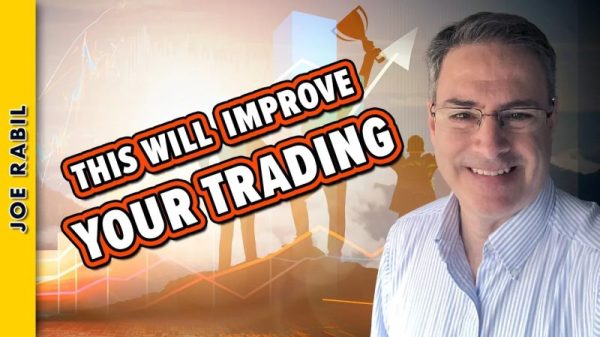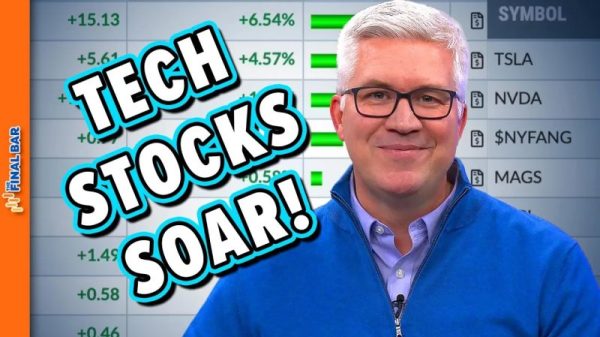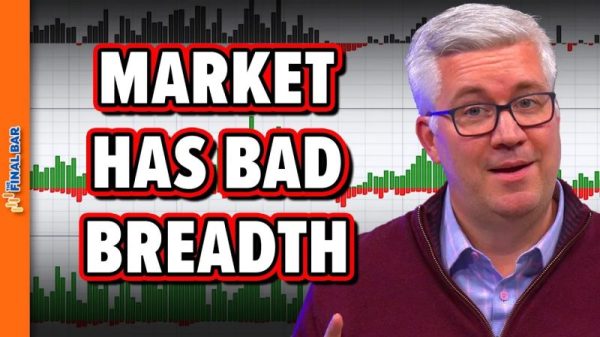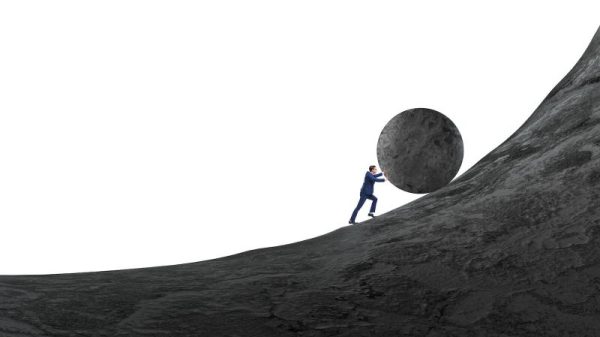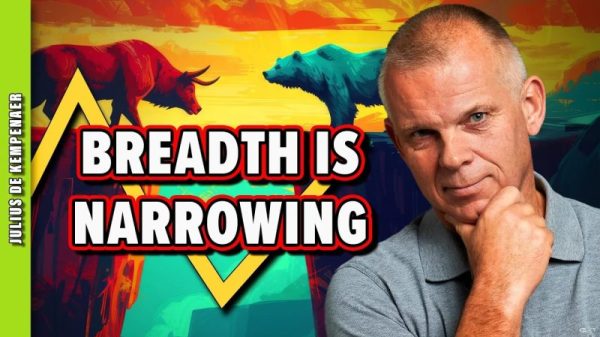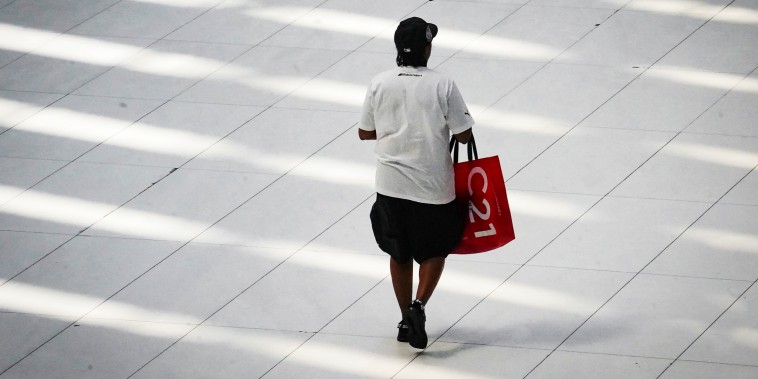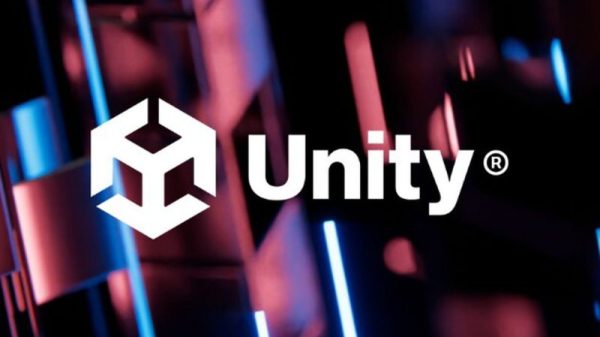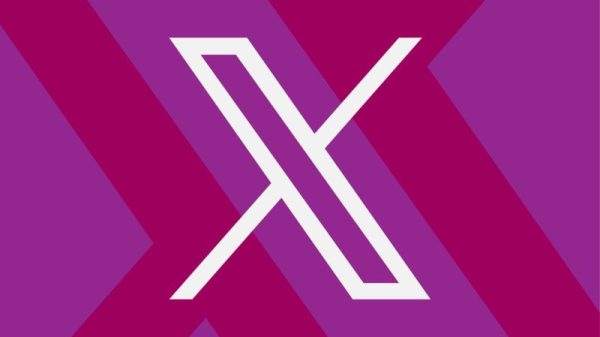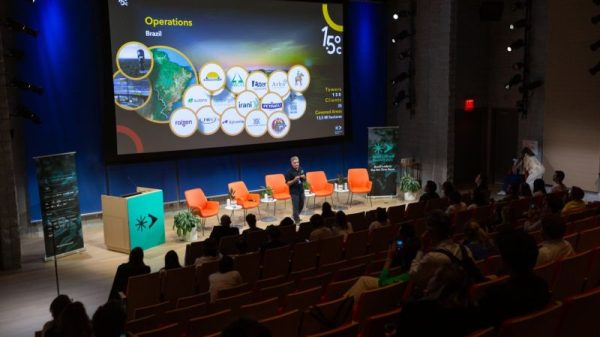There’s still a long way to go — but U.S. consumers are starting to feel better about the economy.
The University of Michigan’s monthly Consumer Sentiment Index hit 72.6 for July — the highest reading since September 2021.
By comparison, the index, which polls individuals about overall business conditions and how they’re getting along financially, remains below the high of 101 it reached in February 2020, just prior to the start of the Covid-19 pandemic.
But the sentiment measure has now climbed eight of the past 11 months.
In an interview in advance of Friday’s release, index director Joanne Hsu said the tracker remains closely tied to inflation. With price increases slowing from their June 2022 highs, it makes sense that a rebound in sentiment is occurring, she said.
‘Even though many consumers are still bracing for a possible downturn up ahead, they’ve noticed how inflation has cooled, and upgraded their views,’ she said.
Consumers still consider current prices — and expenditures — very high, Hsu said. And the latest index reading found expectations for inflation one year from now changed little from last month.
But inflation isn’t the only consideration: The strong labor market is also helping bolster sentiment, Hsu said. At 3.6%, unemployment is at historic lows. The so-called Misery Index, which adds the unemployment rate to the inflation rate, is now approaching pre-pandemic levels.
While there is nearly uniform agreement among economists that the U.S. is not in a recession, certain segments of the American public don’t seem to believe it — especially Republicans.
Political affiliation is one the strongest determinants of views of the economy, Hsu said — with the Michigan index now at 96.7 among Democrats compared with 49.3 among Republicans (among Independents, it’s 71.5).
Historically, individuals who identify with the party out of power from the White House rate the economy lower than those who shares the president’s party, Hsu said.
In fact, the Michigan index shows sentiment among all three political affiliations now trending upward.
Still, the partisanship gap has rarely been this acute, Hsu said.
Other polls show similar breakdowns. For instance, Gallup finds that while overall, Americans rate the economy negatively, Republicans rate it at -65, while independents are at -35 and Democrats are in positive territory at +5.
Even as improved economic data is published, it can take years for people to meaningfully change their minds about the economy, said Jeff Jones, senior editor with Gallup. Following the global financial crisis of 2008, views about the economy did not truly improve until about 2012 — even though economic growth technically bottomed in the spring of 2009.
While earnings growth is now outpacing inflation, the improved purchasing power only amounts to a few cents. And the cumulative price increase of the post-pandemic era has been nearly 20%.
“Historically, we’ve seen it takes people a while to notice when the economy has improved,” he said.

